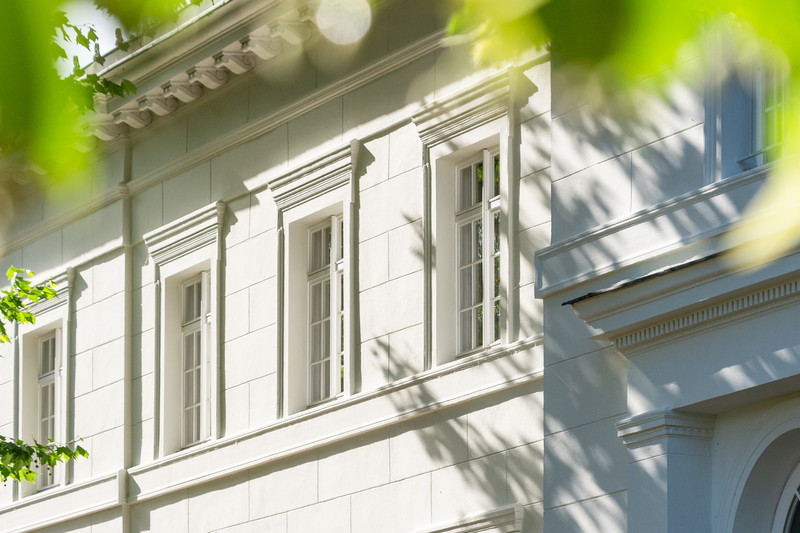
Glanz auf dem Vulkan
('Glamour on the Volcano')
'In the shop window of humankind, the myth of the New Woman is on full show.' The female authors, diseuses and cabaret singers of the Weimar Republic celebrated how the women of the period saw themselves; their works reflected this new-found confidence from the 1920s onwards. Often, their writings were not rediscovered and rehabilitated until the later years of the post-war era, long after the Nazi regime's mass culture- and homicide. Reissues and film adaptations called them to the attention of the public.
The rediscovered texts paint a vivid image of Berlin's newly liberated women in the 1920s in the mind's eye of the readers. Capable of handling anything, Germany's New Women saw the changed times after the end of the First World War and the establishment of the Weimar Republic as a challenge; self-assured, straightforward, frivolous, provocative and militant, they celebrated their recently won new roles, and faced the fight for survival and the opportunity to lead a full life head-on. The works of the artists echo the Roaring Twenties as a symbol of modernity in a way that is as hilarious as it is grotesque, as thoughtful as it is grandiose.
Her exquisite, profound portraits of human motivations make Claudia Michelsen a performer who can truly bring women in borderline situations to life in an adult way. At the theatre, she has worked with directors such as Heiner Müller and Frank Castorf. She has also appeared in numerous film and TV productions, including Germany Year 90 Nine Zero by Jean-Luc Godard and The Tower by Christian Schwochow, a performance that won her an Adolf-Grimme-Preis television award. She has starred in the Magdeburg-based episodes of the popular long-running TV crime series Polizeiruf 110 as a detective since 2013. In the past few years, she has also appeared in the TV series Ku'damm 56, 59 and 63, and in Alrun Goette's film In a Land That No Longer Exists.

